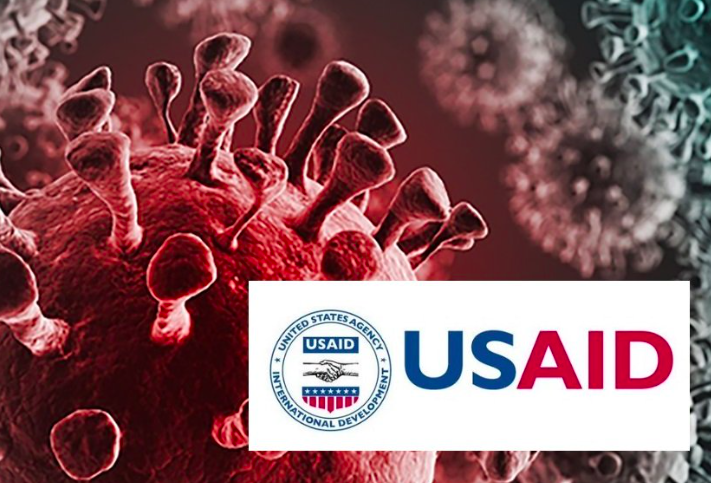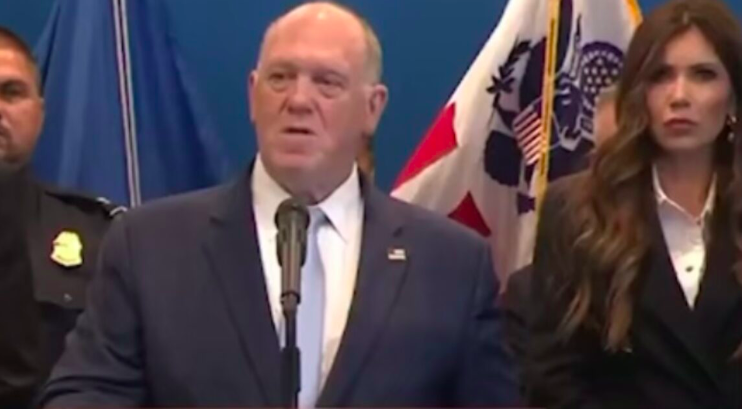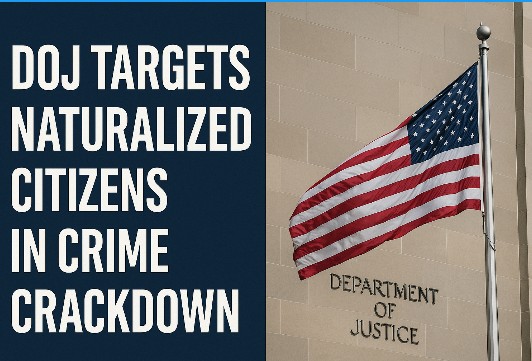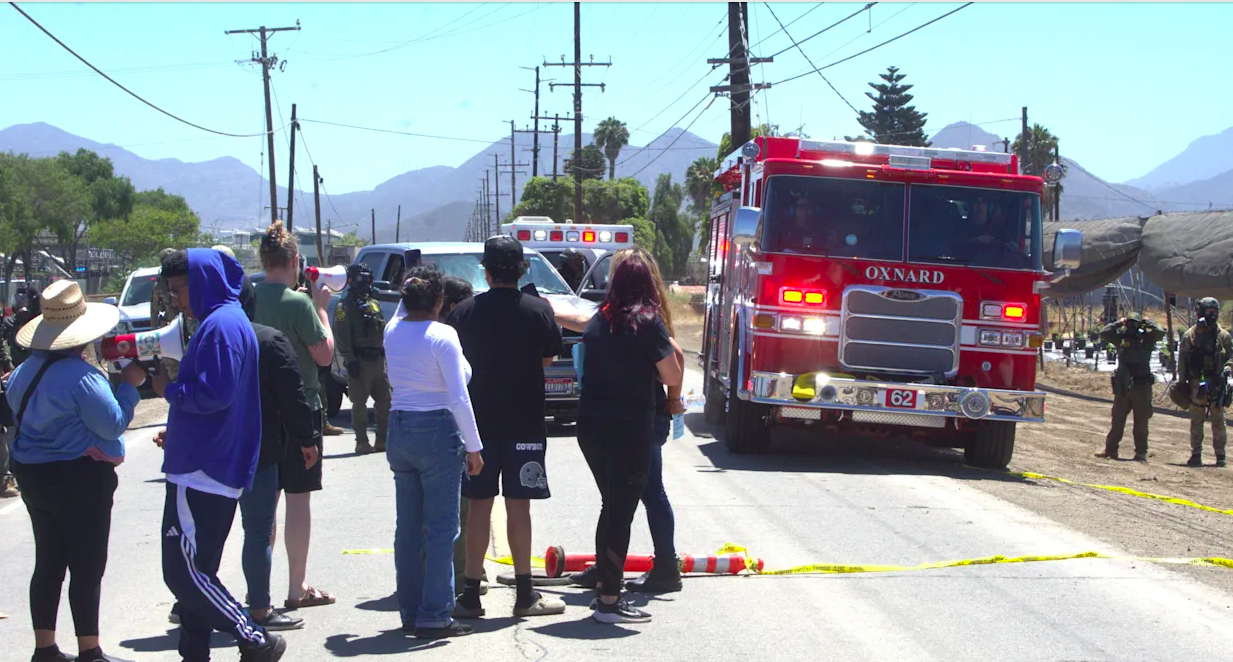USAID Shipped 11,000 Virus Samples to Wuhan Lab, Documents Show
A trove of recently released documents confirms that the U.S. Agency for International Development (USAID) quietly shipped approximately 11,000 virus samples from Yunnan Province to the Wuhan Institute of Virology over a decade—despite lacking any formal agreement with the Chinese facility, The Daily Caller reported.
According to internal sample disposition records obtained by Daily Caller, from the PREDICT program, funded by USAID at a cost of $210 million and overseen by UC‑Davis and EcoHealth Alliance, state plainly: “They were never an official lab partner for PREDICT. All samples they helped collected are sent to… Wuhan,” revealing no chain of custody or oversight provisions.
These samples included 6,380 bat specimens, 1,671 rodent samples, and roughly 3,000 human‑derived specimens—many potentially linked to coronaviruses closely related to SARS‑CoV‑2.
Critics highlight sharp concerns. Government oversight expert Reuben Guttman declared: “It’s not rocket science… when sending out lab samples… you need paperwork to prove your methodology is sound”
Trending: Butler Bombshell: Secret Service Briefed on Threat Before Rally
Rutgers molecular biologist Dr. Richard Ebright stated that the PREDICT contract lacked required clauses to safeguard U.S. access, calling the program a dangerous “grift”.
The facility in Wuhan, known for poor biosafety practices and ties to the People’s Liberation Army, became a repository for specimens collected under a U.S. program lacking formal oversight.
The documents were obtained following a Freedom of Information Act request filed by U.S. Right to Know, forcing open submissions after repeated delays.
President Marco Rubio’s declaration ending USAID this week has intensified debate over whether the agency’s multibillion‑dollar footprint did more harm than good. While a Lancet‐linked model predicted up to 14 million lives saved globally by continued aid flows, Rubio criticized the agency for fostering instability and resentment abroad.
Meanwhile, USAID’s former funding of PREDICT remains under investigation by the State Department, which affirmed that probes into past pandemic‑related contracts are ongoing.
Two scientists with roles linked to the PREDICT shipments have themselves drawn scrutiny: WIV virologist Ben Hu reportedly became ill with COVID‑like symptoms in 2019, and EcoHealth’s Peter Daszak was formally debarred from federal funding in January 2025, after being found to have failed on oversight requirements in Wuhan research.
Observers note that the absence of explicit sample retention or U.S. access clauses means many of these specimens may now be beyond the reach of American investigators probing COVID‑19’s origins.
PREDICT itself collected more than 140,000 biological samples from wildlife across dozens of countries between 2009 and 2019, identifying over 160 novel coronaviruses—but critics said the program failed to translate collection into actionable biosecurity while risking exposure of high‑risk specimens.
From a conservative Christian viewpoint, the case raises serious alarm over government mismanagement, taxpayer risk, and the moral imperative to safeguard human life. The unregulated transfer of dangerous biological materials strikes many as irresponsible—especially when conducted without U.S. legal safeguards or even simple contractual clarity.
USAID’s lax approach to one of the most consequential scientific partnerships in modern history reflects a broader failure to prioritize accountability, sovereignty, and national security. A stronger moral compass and prudent oversight would have demanded concrete chain‑of‑custody protocols, retention clauses, and the ability for U.S. investigators to retrieve and examine samples if necessary.
As evangelical and conservative Christian readers examine this dossier, faith‑based values emphasize the dignity of every human being and the stewardship of scientific resources. When taxpayer‑funded programs involve global bio‑risks, Christians expect transparency, accountability, and rigorous contractual safeguards—none of which appear to have been upheld in this case.
Key Details at a Glance
-
Number of samples transferred: approx. 11,000 viral specimens from Yunnan to Wuhan
-
Program involved: USAID’s PREDICT initiative, steered by UC‑Davis and EcoHealth Alliance under a $210 million contract
-
Oversight status: None—no formal agreement, no chain of custody, no retention clause
-
Notable figures: Ben Hu (WIV virologist), Peter Daszak (EcoHealth), both under scrutiny
-
Agency closure: USAID officially ended this week under Secretary of State Marco Rubio
-
Current status: State Department investigations ongoing; key specimens remain inaccessible
The revelations challenge faith‑minded Americans to ask: was this oversight—or oversight failure—the result of misplaced trust in global programs? And what lessons must guide future biological collaboration to ensure nothing like this can happen again?





